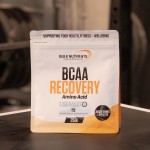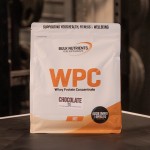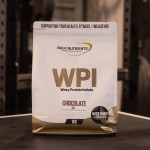Do I Need BCAAs if I Take Protein?

BCAAs vs. Whey protein: what’s the difference?
Proteins are composed of amino acids. There are 20 different amino acids found in the body. Nine of them are considered essential. This means that the body cannot produce them, and you need to have them through your food.
Branched-chain amino acids (BCAAs) are three of the nine essential amino acids: valine, isoleucine, and leucine. BCAA are referred to as “branched-chain” due to their chemical structure. This is a massive benefit since they can easily connect to other amino acids. Additionally, you don’t metabolize them through the liver. They go directly to your muscle to help them get repaired and which makes the muscle grow.
On the other hand, whey is one of the two proteins you get out of milk (casein if the other protein). It is a complete protein since it has all nine essential amino acids that our body needs. There are different types of whey. Concentrated (70% protein), isolate (90% protein), and hydrolyzed (partially digested, which makes it absorb faster).

Do you need to take both BCAAs & whey protein?
Claims are made that BCAAs seem to improve muscle growth and enhance performance. For a bodybuilder like myself, this sounds like the perfect supplement to get. However, if you take whey protein, do you need to supplement with BCAAs as well?
One of the biggest reasons to take either BCAAs or whey is due to their leucine content. Research has shown the leucine is an important amino acid that helps in the process of protein synthesis. This opens a pathway to muscle development. The International Society of Sports Nutrition (ISSN) recommends an intake of 0.7-3 g of leucine to help achieve optimal muscle growth.
In both cases, BCAAs and whey have a decent amount of leucine. Whey has an average of 2-2.5 g of leucine for a scoop that offers 20-25 g of protein. On the other hand, a BCAA supplement can have around 3-4 g of leucine. It will all depend on the company’s formulation. This means that both contain the amount of you need for protein synthesis to function correctly.
I asked Brenda Peralta, the Registered Dietitian at FeastGood, to give us a comment on which supplement to have if you are looking to build some muscle mass. Here is her response:
“My top choices for supplements for muscle building are usually two: whey protein and creatine. BCAAs don’t have enough evidence to back the claims made. Whey is a complete protein that has all essential amino acids. Having a protein shake with BCAAs won’t cause any harm, but it won’t provide any additional benefits.”
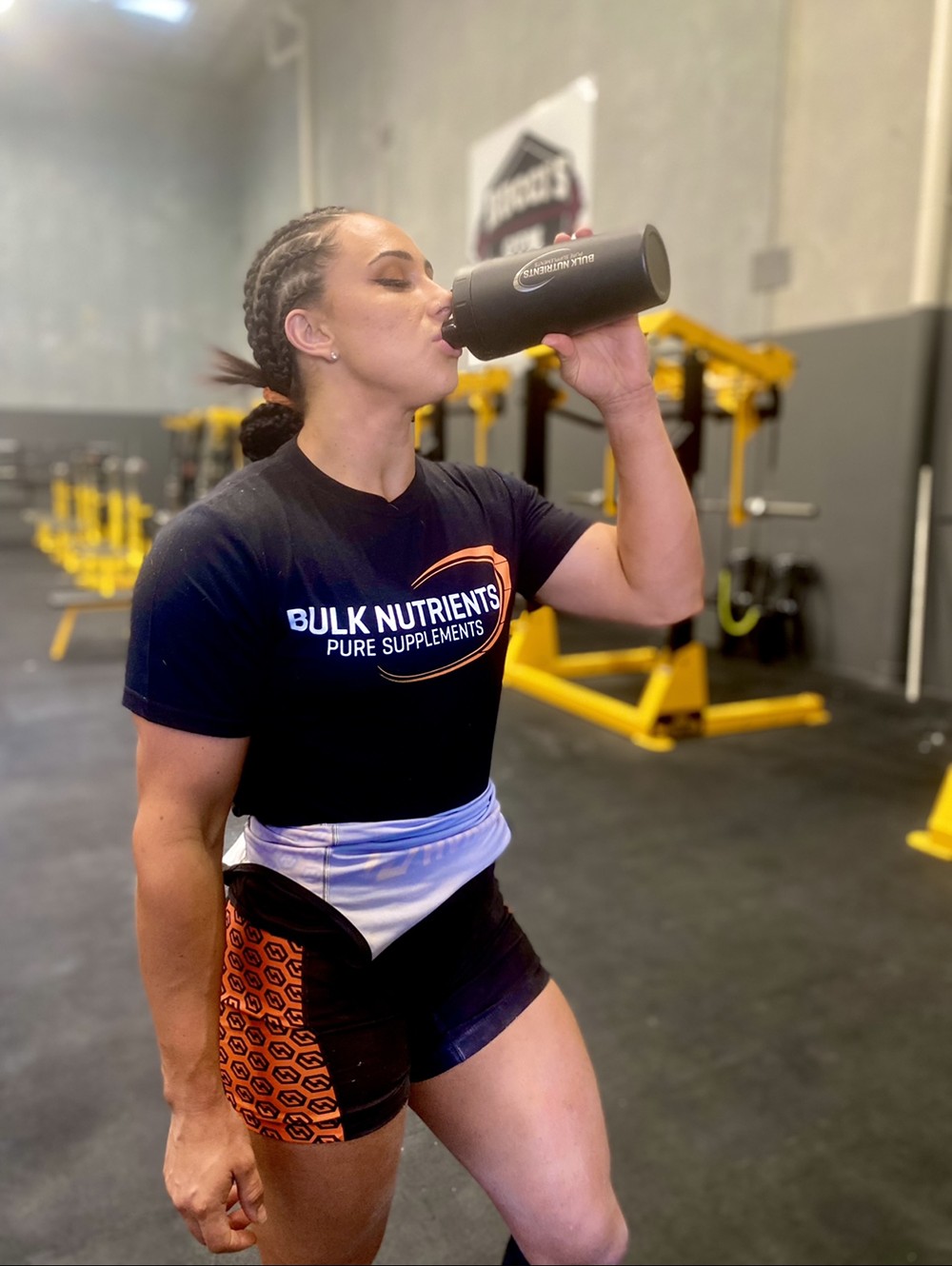
What if your whey protein already has BCAAs in it?
If the whey protein you are taking already has BCAAs, then there is no need to supplement with an additional dose.
Research has shown that amino acids are better absorbed in pairs or groups of three than free amino acids, which means you have a greater chance of better absorption from the whey protein than the BCCA supplement.
If your whey protein has BCAAs, which all of them do, you don’t need an additional supplement. Ensure that it has at least 2.5 g of leucine to be classified as a good protein shake.
When to consume BCAAs & how much?
BCAA supplements are not necessary. Nonetheless, there might be some occasions that you might want to give this supplement a try.
If your total protein intake is low, adding this supplement might help you out. Some people find that whey or casein shakes might be a bit too heavy on the stomach and adding a BCAA can help you achieve your total protein intake.
Another time you can add BCAAs is when you train in a fasted state, adding a BCAA before a workout can prevent muscle mass from being lost. Having a workout with an empty stomach after an extensive fasting period might foment muscle degradation. Adding a BCAA 15 minutes before a workout can help.
Another time to add a BCAA is when you have long workouts. If you are training for more than 2-3 hours, it might help by adding a BCAA in the middle of training. Add it with a carb source to create the ultimate muscle prevention combo.
Additionally, some BCAAs come with caffeine. For those that need an extra boost before working out, this could be a top choice.
Now, you might be wondering how much of the BCAAs supplement to add? Since it is mostly protein, you can add as much as you want to complete your total daily protein intake. However, since you need other amino acids, I recommend not having more than 2-3 scoops daily. That way, you can also focus on other protein sources.
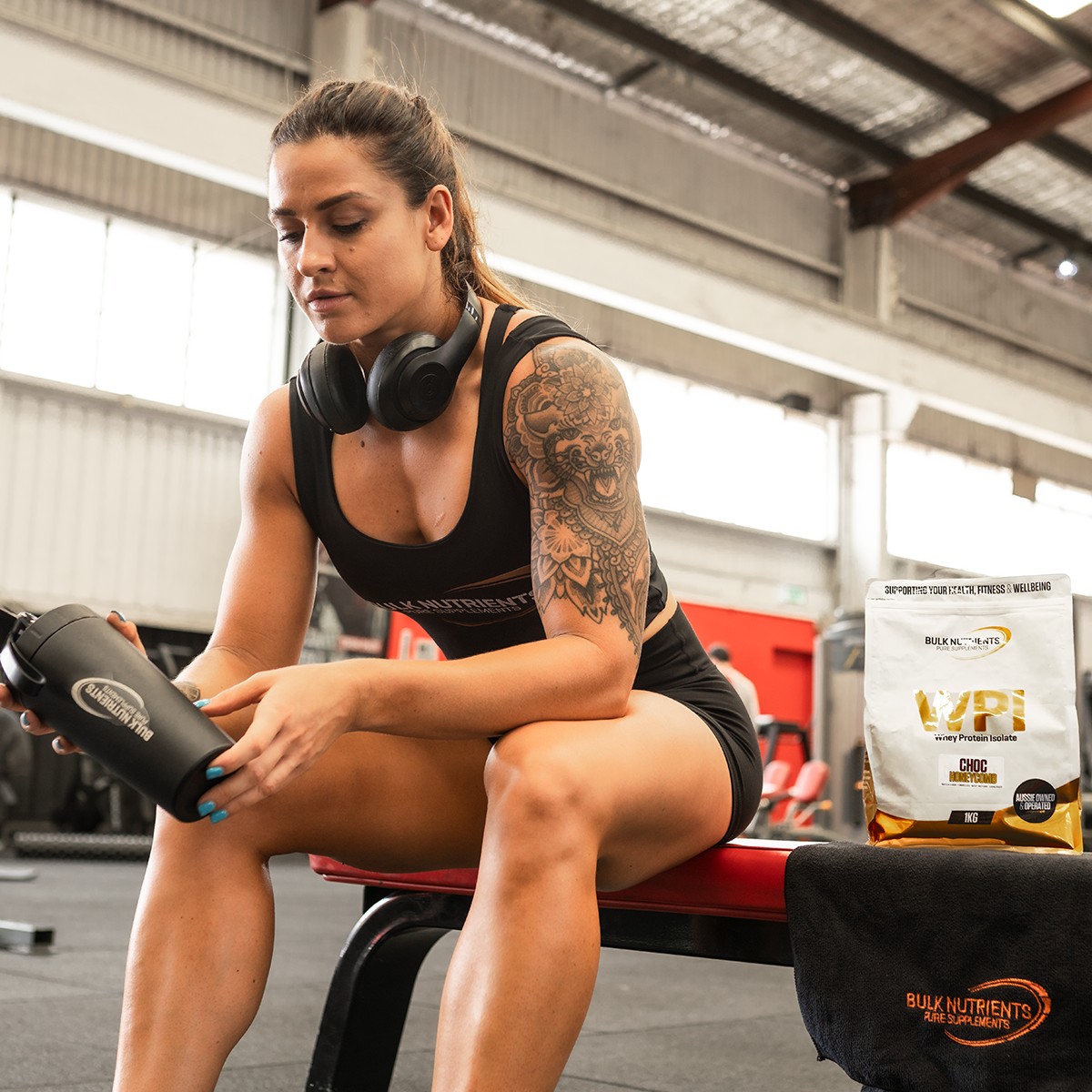
When to consume whey protein & how much?
Protein is one of the most critical macros when looking to build muscle mass. Although protein shakes are not essential, they help you reach your total protein intake.
How much protein does a person need to gain muscle? You need at least 1.6 grams of protein per kilogram of bodyweight to have optimal muscle growth.
It means that for someone that weighs 80 kg, you need to have a daily intake of at least 128 g of protein. If we translate it to food, this means having an average of 18 oz of protein sources (chicken, fish, meat, egg, cheese) daily. For someone that likes protein, this might not be a problem. However, not all people feel comfortable eating that much meat. That is when a protein shake comes into play.
Another reason to add a protein shake is for travel reasons. Suppose you are unable to add some protein to your snacks. For optimal muscle growth, you need a protein source every 2-3 hours. Whey is easy to carry around and gives a good protein boost that helps you achieve this.
Final thoughts
BCAAs are not necessary as long as you have a good protein source during the day. If you are supplementing with whey protein, there is no need to have both of them added. On the other hand, if you usually train in a fasted state, adding BCAAs before training might benefit you.

Ben Crowley, founder of Australia's top sports supplement brand, Bulk Nutrients, combines two decades of industry experience with a commitment to employee work-life balance and career growth.
A firm believer in quality, Ben founded Bulk Nutrients to provide affordable, high-quality products, even amid global challenges.
Apart from business, he enjoys family time, outdoor activities, and adrenaline-charged car projects.
More about Ben CrowleyReferences:
- FRENHANI, P. and BURINI, R., 1999. Mecanismos de absorção de aminoácidos e oligopeptídios. Controle e implicaçõesnadietoterapiahumana. Arquivos de Gastroenterologia, 36(4), pp.227-237.
- Jäger, R., Kerksick, C., Campbell, B., Cribb, P., Wells, S., Skwiat, T., Purpura, M., Ziegenfuss, T., Ferrando, A., Arent, S., Smith-Ryan, A., Stout, J., Arciero, P., Ormsbee, M., Taylor, L., Wilborn, C., Kalman, D., Kreider, R., Willoughby, D., Hoffman, J., Krzykowski, J. and Antonio, J., 2017. International Society of Sports Nutrition Position Stand: protein and exercise. Journal of the International Society of Sports Nutrition, 14(1).
- Kimball, S. and Jefferson, L., 2006. Signaling Pathways and Molecular Mechanisms through which Branched-Chain Amino Acids Mediate Translational Control of Protein Synthesis. The Journal of Nutrition, 136(1), pp.227S-231S.
- Mero, A., 1999. Leucine Supplementation and Intensive Training. Sports Medicine, 27(6), pp.347-358.
- Monirujjaman, M. and Ferdouse, A., 2014. Metabolic and Physiological Roles of Branched-Chain Amino Acids. Advances in Molecular Biology, 2014, pp.1-6.
- Schoenfeld, B. and Aragon, A., 2018. How much protein can the body use in a single meal for muscle-building? Implications for daily protein distribution. Journal of the International Society of Sports Nutrition, 15(1).
- van Vliet, S., Burd, N. and van Loon, L., 2015. The Skeletal Muscle Anabolic Response to Plant- versus Animal-Based Protein Consumption. The Journal of Nutrition, 145(9), pp.1981-1991.
Related Blogs
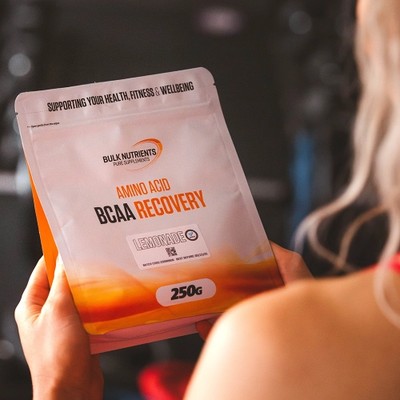
BCAA Recovery Extended Product Information
Posted by Ben Crowley
Estimated reading time: 9 minutes

Future Whey is our Amazing Vegan Protein Drink
Posted by Ben Crowley
Estimated reading time: 9 minutes
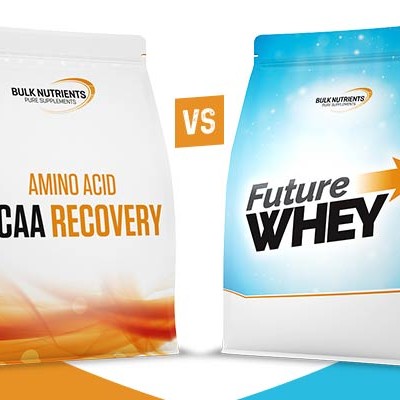
BCAAs vs EAAs. Which Comes Out on Top?
Posted by Jackson Peos
Estimated reading time: 7 minutes
